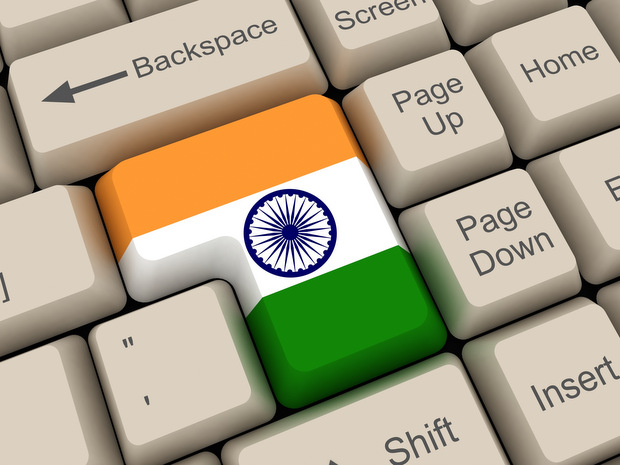India sets up program for telecoms surveillance

After the November 2008 terrorist attacks in Mumbai which left India at the mercy of terrorists for days, measures were swiftly implemented to curb the use of devices such as satellite phones and even VoIP (voice-over-Internet Protocol) facilities.

Now, the Indian government has taken one step further to tap mobile phones and e-mail with the Central Monitoring System (CMS), according to The Times of India. The CMS was announced in 2011 and quietly rolled out state by state in April this year. The government aiming to be able to tap into any of the 900 million landline connections and mobile subscribers, along with the 120 million Internet users, in the country.
In addition to allowing the Indian government to listen and record conversations, the monitoring system will also provide the ability to read both e-mail and text messages, as well as monitor posts on social media such as Facebook, LinkedIn, and Twitter. It can also track Google searches of selected keywords to observe and monitor user behavior.
I remember the CMS was formally announced in 2011 with little media coverage. At the time, it was considered another Indian government undertaking that was too large in scope and would most likely not be implemented. However, over the past few years, the government has taken a more proactive lead in terms of implementing technology and new programs across India, such as the Aadhaar biometric identification program.
At the same time, the government has come under fire for arresting people across India for posting comments and views on Facebook toward politicians. After all, India is supposedly the world's largest democracy with a population of over 1.2 billion people, which mean you should be able to freely speak your mind, right? That's not always the case, and numerous people across India have been arrested for expressing their views and thoughts online.
If anything, rather than track political statements, the Indian government should spend more time and effort monitoring people across India who might instigate flash mobs, or be involved in other illegal activities. Consequently, the CMS serves that purpose as India's surveillance program. However, it's too early to say or comment how effective it will be as it's still being rolled out, and the Indian government would most likely only make announcements of the system's success after it is able to foil any illegal activities.
For most Indian citizens, the CMS isn't something to be worried about and if anything, should be embraced as another security mechanism by the government toy make India a safer place for all.